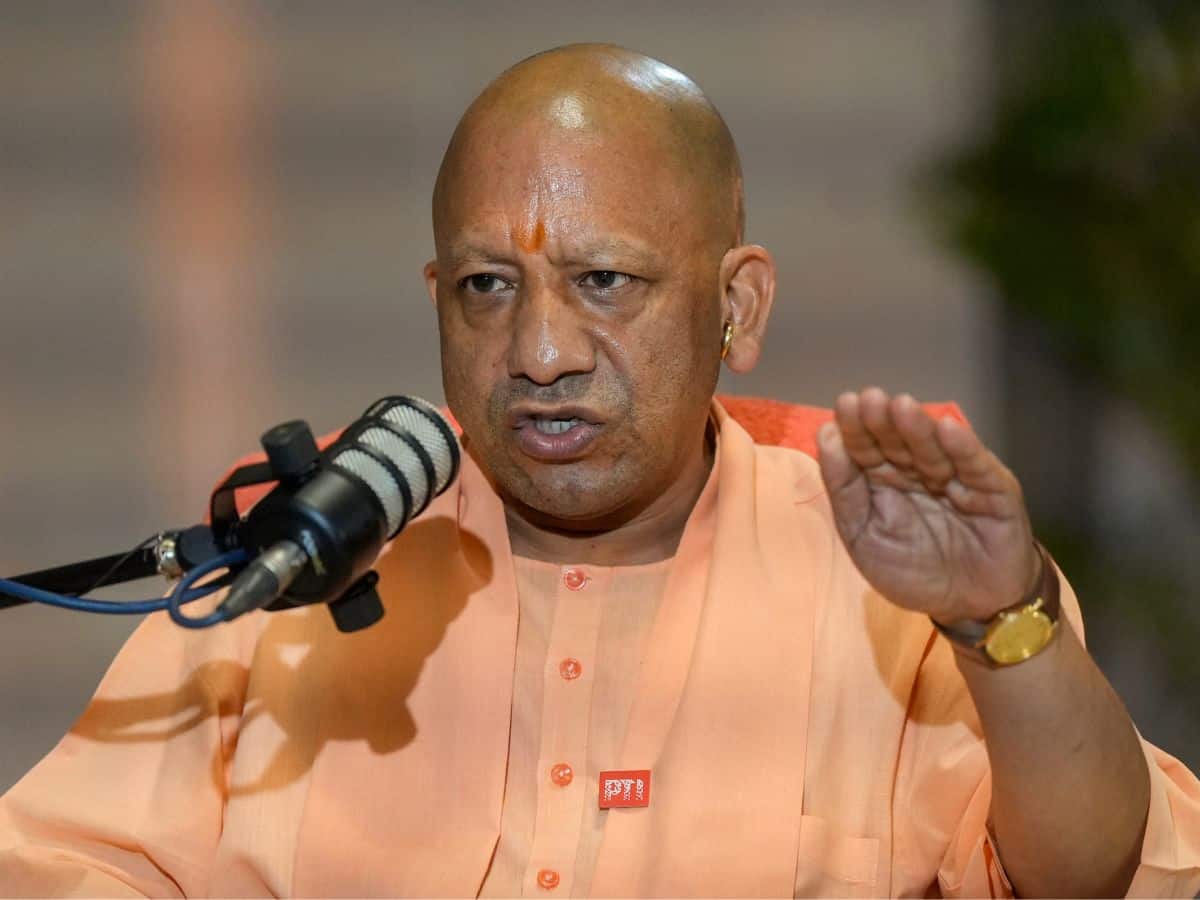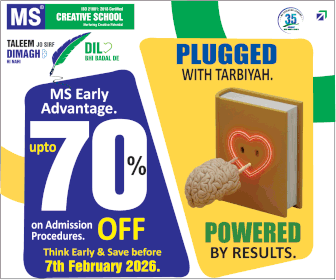
Ahead of the 2027 Assembly elections, the Bharatiya Janata Party (BJP) has launched a major campaign to connect with 6,000 prominent Scheduled Caste (SC) leaders across Uttar Pradesh, aiming to strengthen its support base among Dalit voters.
The BJP’s Scheduled Caste Morcha will spearhead this initiative in close collaboration with senior state leaders. The outreach will cover all six organisational regions of UP: Kashi, Gorakhpur, Awadh, Kanpur, Braj, and western UP, according to party sources.
“We will gather broader feedback from the influential sections amongst the Dalits and take corrective measures wherever needed,” said Ram Chandra Kannaujia, president of BJP’s SC Morcha in UP.
The campaign targets respected figures within Dalit communities, including retired bureaucrats, educators, religious heads, social workers, and professionals, with special focus on important sub-castes like Jatavs, Pasis, Koris, and Dhobis.
Winning trust, not just elections: BJP leader
“The idea is not just to win elections, but to win trust,” a BJP SC Morcha leader told TOI. “Our party believes in Sabka Saath, Sabka Vikas and we are proving that through direct engagement and representation.”
To foster these connections, the party plans to organise felicitation ceremonies and service-driven events in Dalit-majority areas, creating forums for discussion on government schemes and social justice policies benefiting the SC community.
This outreach comes amid stiff competition from the Samajwadi Party-Congress alliance and the Bahujan Samaj Party, which have traditionally enjoyed strong Dalit support.
Dalit voters’ growing importance in UP politics
Political analysts note that the BJP’s early move underscores the growing significance of Dalit voters, who constitute over 21 percent of the state’s population. Engaging community influencers is seen as a key strategy to reshape narratives of exclusion and encourage political inclusion.
“Personal interaction with community leaders can change perceptions,” said a party strategist involved in the campaign.


